Most people love summer because it allows them to get outside and enjoy the outdoors. Western New Yorkers especially enjoy it after being cooped up after a long winter. However, there is at least one negative side effect that accompanies warmer weather — pests! Many pests come out once the summer starts, and if you aren’t careful, those pests could end finding their way into your home.
There are a few steps you can take to prevent those summer pests from becoming a burden. Check out below for some helpful tips for keeping away common pests this summer:
Make Sure There isn’t Any Stagnant Water Around the Exterior of Your Home
Mosquitoes are one the most annoying pests that you will encounter during the summertime. While it’s just about impossible to eliminate them altogether, one of the easiest ways to limit the number of mosquitos that surround your home is to get rid of any stagnant water sources. Mosquito eggs can develop in stagnant water and increase the number of mosquitoes around your home.
Seal All of the Food You Keep Inside Your Home
Ants are another big problem that many people encounter once it gets warm out. Ants will often find their way into a home and then head straight for food sources. You can cut them off by sealing all of your food tight and eliminating any crumbs that might exist. You can also track down their nest and get rid of them once and for all.
Clean Up Any Spills that Take Place Right Away
There are so many delicious sweet treats to enjoy in the summer. From watermelon to Italian ice, it’s a great time to satisfy your sweet tooth. However, if you don’t clean up spills that occur, you may attract flies in your home, and they can be very difficult to get rid of once they’re inside. So try to avoid spills and keep lids on your garbage and recycling cans once it starts getting warm.
Call an Exterminator Before Problems Spiral Out Of Control
While mosquitoes, ants, and flies can all become problematic for you, they are only the tip of the iceberg when it comes to summer pests. Bees, wasps, spiders, and other insects can also invade your home and ruin your summer. So if you spot a potential problem with a particular pest, act quickly by calling an exterminator to come out as soon as possible to remove the pests and treat your home.
Are you interested in having an exterminator come out to your home today to take a look at a summer pest problem? Call Amherst Exterminators at 716-908-2475 to discover why so many homeowners have trusted us with their extermination needs.

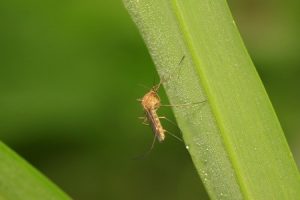 The weather is warming up, and so is most people’s desire to head outdoors. Whether you’re attending an outdoor festival, going for a walk, or just simply enjoying some fresh air, there’s one thing you shouldn’t let get in your way: bugs.
The weather is warming up, and so is most people’s desire to head outdoors. Whether you’re attending an outdoor festival, going for a walk, or just simply enjoying some fresh air, there’s one thing you shouldn’t let get in your way: bugs.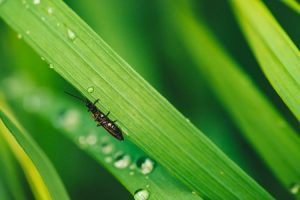 Western New York typically sees plenty of snow in winter months, and as a result, very few bugs. However, temperatures are warming up and seasons are changing. While April showers are certainly a sign of spring, they are also a sign that bugs will
Western New York typically sees plenty of snow in winter months, and as a result, very few bugs. However, temperatures are warming up and seasons are changing. While April showers are certainly a sign of spring, they are also a sign that bugs will 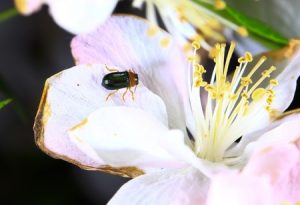 Spring is approaching and with spring comes insects. As temperatures warm up, insects venture back outside, and often times, into our home. It is important to keep insects out of your home this spring to avoid unwanted infestations, consider using these
Spring is approaching and with spring comes insects. As temperatures warm up, insects venture back outside, and often times, into our home. It is important to keep insects out of your home this spring to avoid unwanted infestations, consider using these 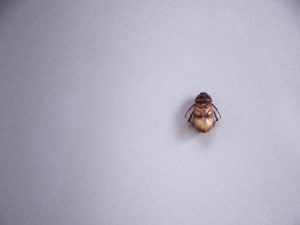
 The thought of unwanted bugs sitting on our furniture alongside us leaves our skin crawling with uneasiness. Unfortunately, insects could be cozy next to you without you even knowing it.
The thought of unwanted bugs sitting on our furniture alongside us leaves our skin crawling with uneasiness. Unfortunately, insects could be cozy next to you without you even knowing it.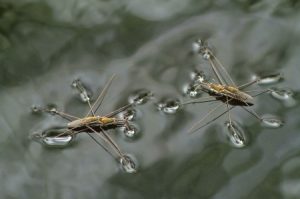 If you have a
If you have a 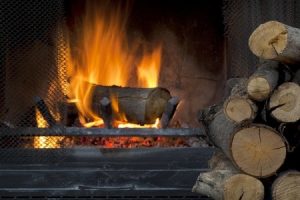 If you use the fireplace inside of your home during the bitter cold of winters of Western New York, it is important to understand how to prevent pests from gaining access into your home through it.
If you use the fireplace inside of your home during the bitter cold of winters of Western New York, it is important to understand how to prevent pests from gaining access into your home through it.

